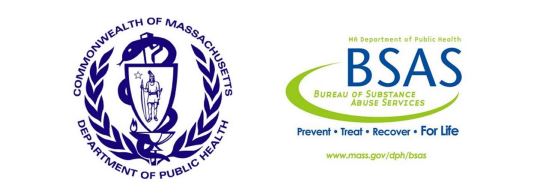BSAS Statewide Substance Use Prevention VIRTUAL Conference

SAVE-THE-DATE!
BSAS Statewide Substance Use Prevention VIRTUAL Conference
Acknowledging the Impact of Racism on Community Health and Prevention: Making Our Work More Restorative
Tuesday, December 8, 2020, 9:30–12:00 p.m.
Wednesday, December 9, 2020, 10:00–12:00 p.m.
Thursday, December 10, 2020, 10:00–1:30 p.m.
CLICK HERE TO REGISTER AND TO LEARN MORE INFORMATION.
The murders of Breonna Taylor, George Floyd, and Ahmaud Arbery, combined with the disproportionate impact of CoVID-19 evident across our communities, lay bare the deadly impact of white supremacist culture on the health of Black, Indigenous, and People of Color (BIPOC), and force us to examine how racist policies contribute to inequitable health outcomes.
This year’s virtual conference, convened by the Massachusetts Department of Public Health’s Bureau of Substance Addiction Services (BSAS) with support from the Center for Strategic Prevention Support (CSPS), offers prevention practitioners from across the Commonwealth an opportunity to examine our role in perpetuating these inequities and explore potential solutions.
Participants will explore:
- How racism and racist drug policies affect health outcomes
- How the power dynamics present in our communities affects our prevention work, and ways to influence these dynamics
- Strategies for restoring or developing relationships with community partners and reimagining what community-led engagement might look like
- Ways to apply a social justice and racial equity lens to our substance misuse prevention work
Attendance from all BSAS funded prevention grantees/programs is mandatory as a condition of funding. Funded programs must be represented by the coordinator(s) from the lead cluster community (MOAPC and SAPC), or a designated representative should they not be able to attend.
Please share this announcement with your colleagues and partners in your communities! Because this conference will be delivered virtually, we have plenty of space for additional representatives from your cluster communities and coalitions, as well as from non-BSAS funded prevention partners.
